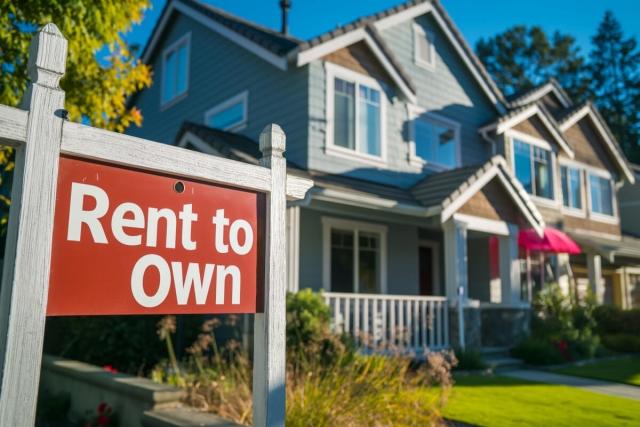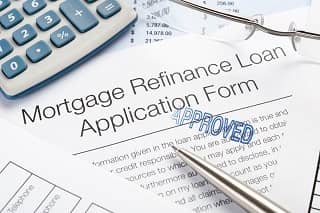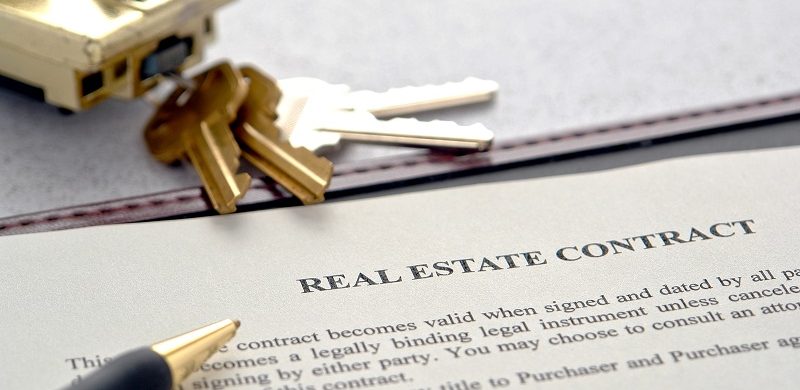Basics of 1031 Exchange
What is a 1031 Exchange?
A 1031 Exchange is a swap of one real estate investment property for another that allows capital gains taxes to be deferred. It gets its name from Section 1031 of the International Revenue Code (IRC), which allows you to avoid paying capital gains taxes when you sell an investment property and reinvest the proceeds from the sale within certain time limits in a property or properties of like kind and equal or greater value. A 1031 Exchange is bandied about by real estate agents, title companies, investors and more. Some people even insist on making it into a verb; "Let's 1031 that building for another".IRC Section 1031 has many moving parts that real estate investors must understand before attempting its use. An exchange can only be made with like-kind properties and Internal Revenue Service (IRS) rules limit its use with vacation properties. There are also tax implecations and time frames that may be problematic.If you're considering a 1031 Exchange - or are just curious - here is what you you should know about the rules:
- A 1031 exchange is a tax break. You can sell a property held for business or investment purposes and swap it for a new one that you purchase for the same purpose, allowing you to defer capital gains tax on the sale.
- Proceeds from the sale must be held in escrow by a third party, then used to buy the new property; you cannot receive them, even temporarily.
- The properties being exchanged must be considered like-kind in the eyes of the IRS for capital gains taxes to be deferred.
- If used correctly, there is no limit on how frequently you can do 1031 exchanges.
- The rules can apply to a former principal residence under very specific conditions.
Key Takeaways:
In order to be considered for a 1031 Exchange, the properties involved may need to be investments and not for personal use. Additionally, it is generally required that the properties be like-kind, although they do not have to be exactly identical.There are many different types of investments that could potentially qualify for a 1031 Exchange. For instance, an investor may choose to exchange a multi-family apartment complex for a shopping center, or a commercial office building for a rental property.
Ultimately, the specific circumstances of each investor's situation will determine whether or not a 1031 Exchange is the right choice.The timing of a 1031 Exchange is crucial, and investors aim to identify a replacement property within 45 days of selling the original property, with the exchange being completed within 180 days of the sale.Working with a experienced real estate professionals who have knowledge and expertise in 1031 Exchange transactions can be helpful, as mistakes can be costly if the rules are not followed precisely. While a 1031 Exchange can be a valuable strategy for investors, it is important to keep in mind that individual circumstances can vary, and it may be wise to seek personalized tax advice from a Certified Public Accountant (CPA) or tax advisor to determine if this strategy is suitable for you.
Categories
Recent Posts

The Truth About: Rent to Own

How to Avoid Probate with Real Estate: What Minnesota Homeowners Should Know

The Truth About Selling Your Home As-Is

What Was the HARP Program, and Why Does It Still Matter?

What Homebuyers Should Know About Chinese Drywall

ACV vs. RCV: What Minnesota Homeowners Should Know About Home Insurance

Working with a Real Estate Agent: Why It's Crucial

Home Trends Shaping 2025: What Buyers and Homeowners Want Now

Navigating New Construction: Tips for a Brand New Home

Home Maintenance Tips & Tricks for Pet Owners
GET MORE INFORMATION

